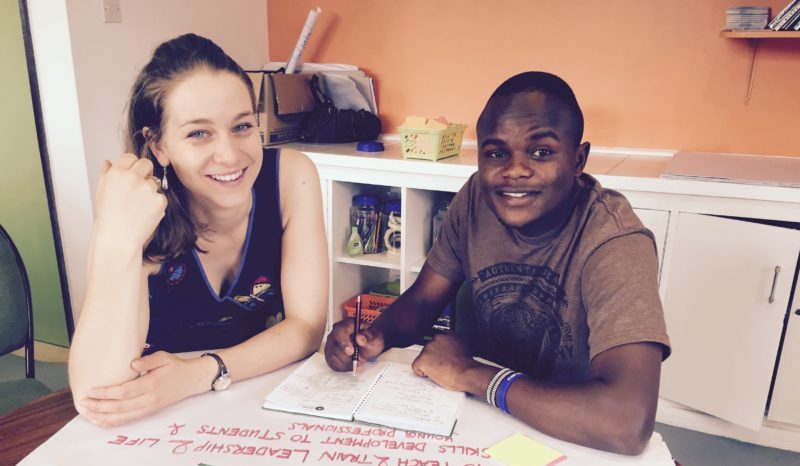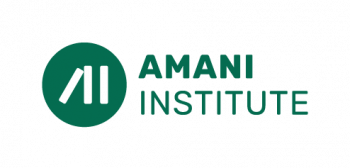“Many problems in the world, truly very many come from people not knowing or understanding each other’s needs” – said Robert Wolfe, Core Faculty at THNK, teaching Communication as a Leadership Skill at Amani Institute, when we asked how you can change the world with good communication: “Having good communication skills can help you uncover those needs, your own and those of others. This will enhance understanding and with that empathy. It will also help us set strategies that are more effective in creating actual change…..”
The number one skill most cited by employers as lacking in their employees is good Communication Skills. Being able to communicate effectively is a critical professional skill, no matter whether this communication is written, verbal, or non-verbal. We asked Robert three questions to highlight how improving your communication skills can help you change the world:

1. How can you change the world with good communication skills?
Many problems in the world, truly very many come from people not knowing or understanding each other’s needs. Having good communication skills can help you uncover those needs, your own and those of others. This will enhance understanding and with that empathy. It will also help us set strategies that are more effective in creating actual change.
A second way good communication skills can change the world, is that to communicate better you need to be aware of your intentions in communicating. When you do become more aware of your intentions you start noticing when you are in a defensive mode and have intentions of verbally hitting out or running away just to be safe. The very act of noticing you have these defensive intentions gives you the chance to switch to a more productive state and have intentions around growth, cooperation or achievement. This will make the world around you a better place.
2. What is one thing someone can do, today, to be a more effective changemaker?
Say what you need and listen for the other’s needs. That may require discovering what the need is through examining your feelings or the feelings of the other, but get to the need!

3. What would you recommend for people looking to learn more about communication skills?
Read, watch, practice. Read books on non-violent communication or solution-based coaching for instance, and watch videos on the topic. Read at least three books a year and watch at least one video a month. And then ABP: Always Be Practicing. It may feel lame or fake to try and apply communication skills in real life, but that is only a sign that you are trying something new. That you are learning. You can even say “I recently learned this way of listening that I want to try and apply” before you do it, if you think your ego needs it, but make sure you do it. Like the old joke about the tourist who stopped this guy in New York and asked how he could get to Carnegie hall (the most famous music hall in New York). The answer was Practice, Practice, Practice.
Click here to learn more about Robert Wolfe, leadership coach, storytelling trainer and innovation facilitator at THNK, the Amsterdam School of Creative Leadership. At Amani Institute he has previously taught our leadership bootcamp, coaching for social change and this year communication skills for leaders of change.
______________________________________________________________________________________________
Skills for Social Innovation – In this series we are sharing insights from our instructors from around the world who teach our Social Innovation Management Fellows professional skills to lead change.







